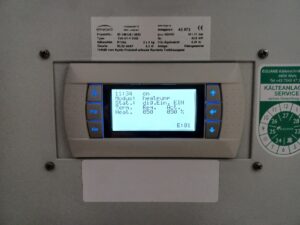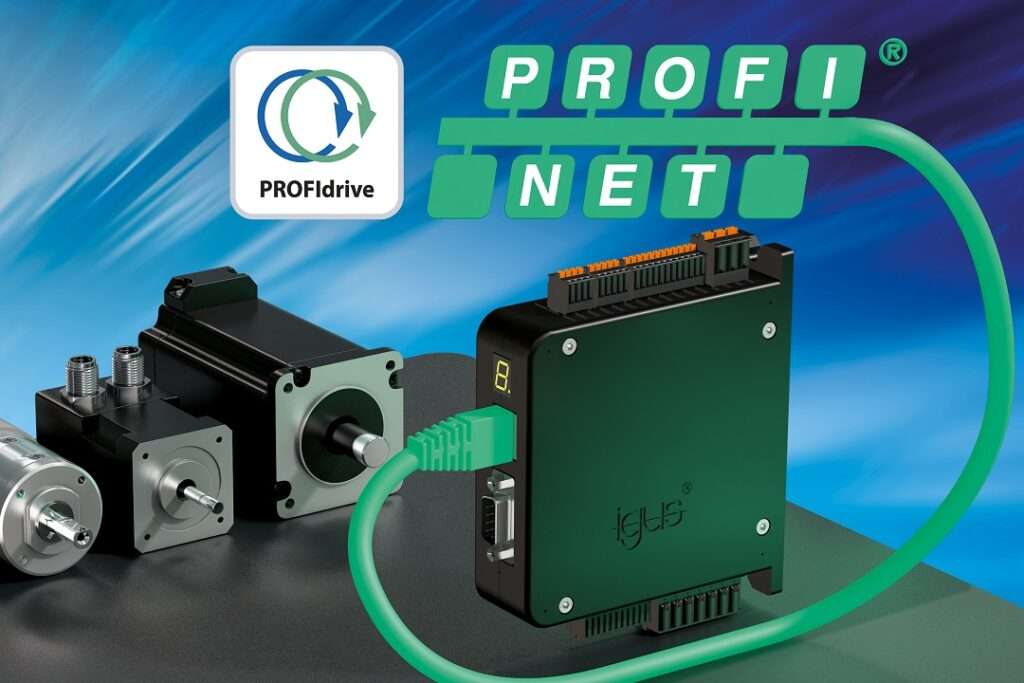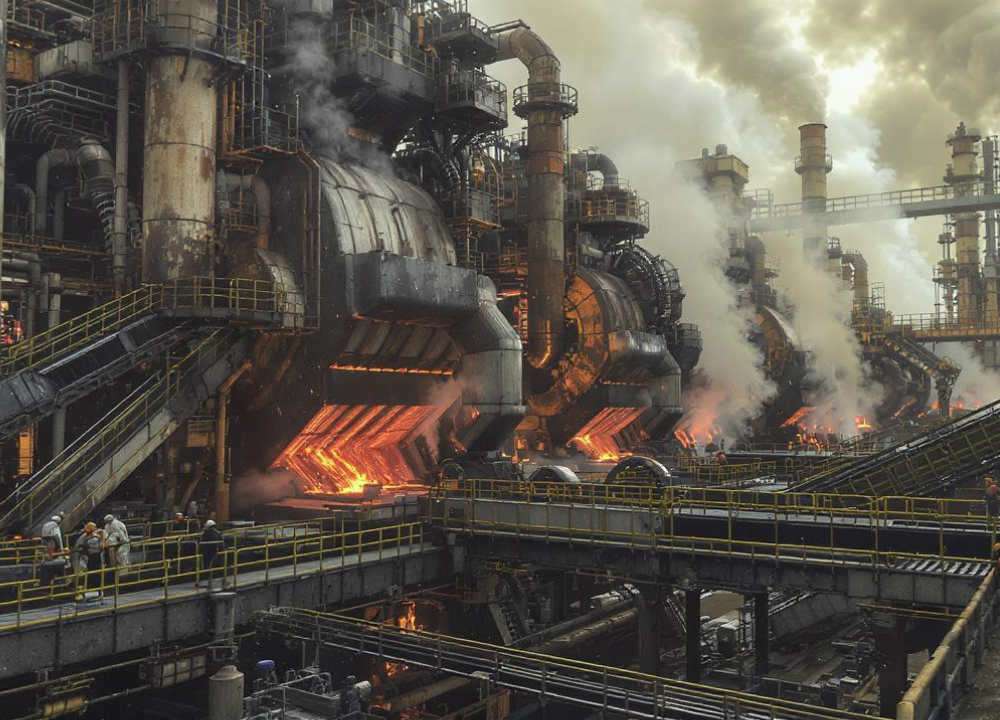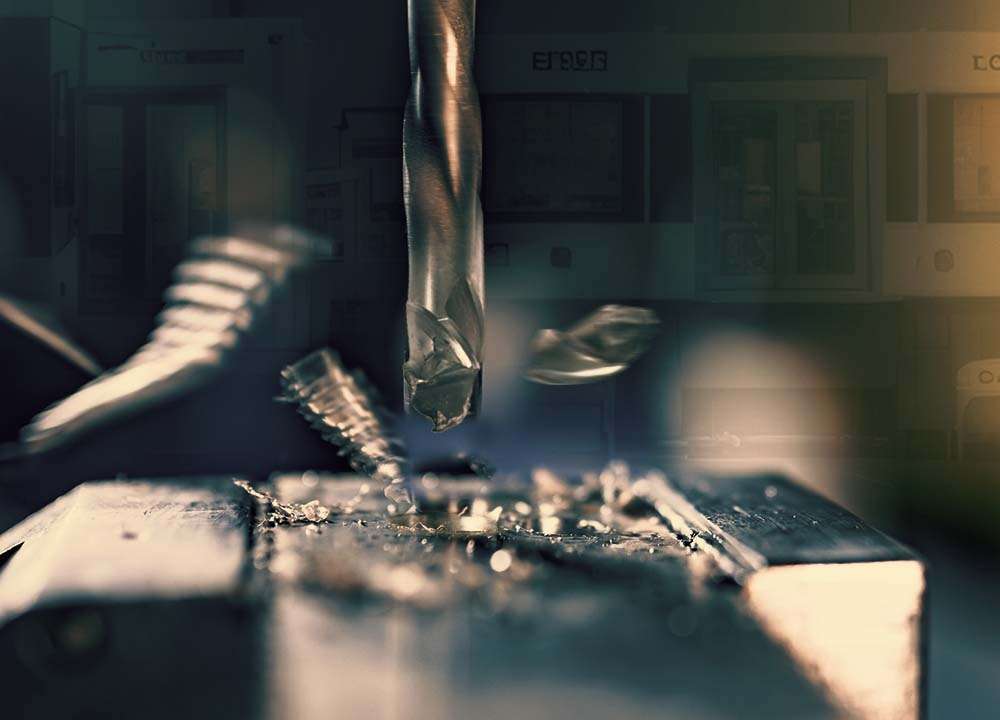BMW Group’s Steyr facility in Austria, in collaboration with Ecoclean, has successfully implemented an energy-efficient solution in its engine component cleaning process. By replacing electric water heating with a heat pump, the site now saves approximately 70% of its yearly electricity usage for this task. This change is part of BMW Steyr’s ongoing efforts to enhance energy efficiency in production lines, including cleaning machines for core engine components.

The automotive industry is increasingly focusing on energy efficiency and environmental sustainability, not only in its products but also in their production processes. A prime example of this commitment is the initiative taken by a premium car manufacturer at its Austrian plant, where they successfully implemented a significant energy-saving measure. The plant replaced its traditional electric water heating system with a heat pump in the engine component cleaning process, resulting in an impressive reduction of electricity consumption by approximately 70 percent annually.
Strategic Energy Optimization at BMW Group’s Steyr Facility
BMW Group‘s Steyr site, known for manufacturing core engine components like crankshafts, crankcases, and electric drive housings, has prioritized the energetic optimization of its production lines and machinery for several years. Part of this optimization involved upgrading the cleaning machines for these components.
“Starting with the installation of variable frequency drives on cleaning machine pumps in 2016, we’ve been looking for ways to cut energy use,” explains Gerhard Fuchs, the plant’s process and energy officer. The search for further energy efficiencies led to the decision to replace the electric heating systems of these machines, which consumed significant electricity in three-shift operations, with a more energy-efficient heat pump solution.
Detailed Analysis and Implementation of Heat Pump Technology
To accurately assess the potential energy savings of integrating a heat pump, an in-depth analysis was conducted using production, process, system data, and previous energy consumption figures. A neutral engineering office was hired to ensure an unbiased evaluation, concluding that the change could save about 70 percent of the previous energy consumption. The project, carried out in partnership with Ecoclean, involved the installation of a heat pump system tailored to the specific needs at BMW Steyr.

The new system, which replaced a 39 kW electric heating system, uses ‘warm water’ from cooling circuits as an energy source, heats it to 65 °C, and transfers it to the cleaning machine’s hot water supply through a plate heat exchanger. This well-thought-out solution reduces the energy consumption to 13.6 kW, leading to annual energy savings of over 146 MWh, plus an additional 23 MWh saved in cold water generation.
The project, executed during a two-week summer holiday break in 2022 to avoid production interruptions, has yielded substantial benefits. Not only has it reduced the annual operating costs for cleaning by about 19,000 Euros, but it also significantly reduced CO2 emissions, with savings amounting to approximately 34 tons of CO2 annually. “Our decision to work with Ecoclean as the prime contractor for this energy-efficient project has been validated by the excellent results and support we’ve received. We’re pleased with the outcome and look forward to continuing our collaboration,” concludes Gerhard Fuchs.








